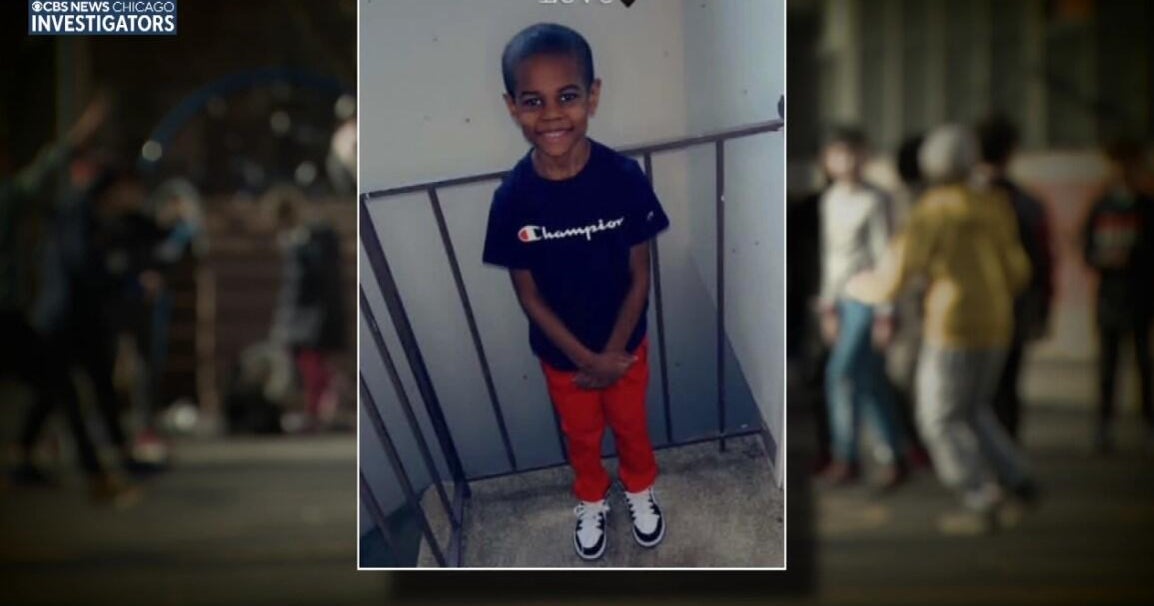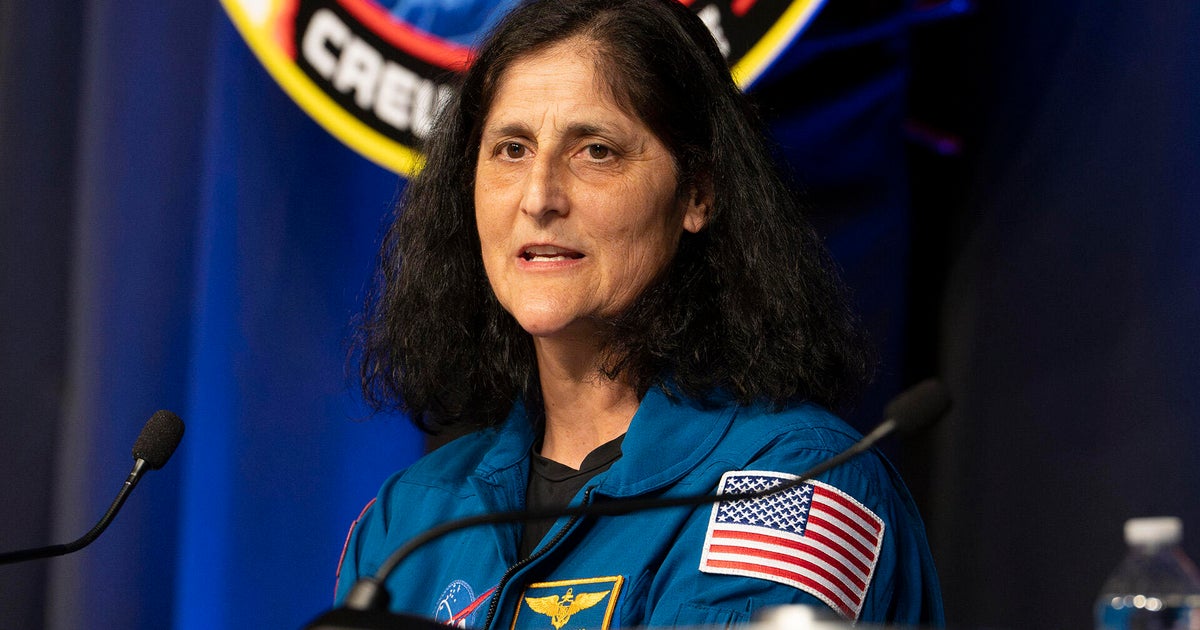Keller @ Large: Why 'Don't Talk To Strangers' May Be The Wrong Advice For Children
BOSTON (CBS) -- Author Joe Keohane suggests in his new book that teaching children not to talk to strangers may be the wrong advice. Keohane recently published "The Power of Strangers: The Benefits of Connecting in a Suspicious World."
In the past, he has written for the Weekly Dig and Boston Magazine before he moving to New York and writing for the New Yorker and other publications.
"We were all subjected to that sort of ["don't talk to strangers"] propaganda as children. We used to have cops come into our class and tell us that everyone we didn't know in the world posed a mortal threat to us which turns out is not a super-duper helpful healthy thing to say to a child and the data does support that sort of paranoia," Keohane said to WBZ-TV's Jon Keller.
Keohane began looking at studies about interactions between strangers. "People come away from those conversations feeling happier, more connected to the places where they live, they might feel more trusting, they might even feel more optimistic about humanity. So there are a lot of benefits to doing this, but there are a lot of hurdles to get over," he said.
Research shows people assume others don't want to talk to them, and that other people aren't fully human or have a much on the ball as we do.
"We're not incredibly charitable when it comes to assessing the humanity of the people around us," said Keohane.
He got the idea for the book after realizing his smartphone had eliminated so much of the contact he had with strangers.
"The inefficiency of life before a smartphone actually made us more social, having to stop and ask people for directions, or talk to a bartender because you're bored and alone," said Keohane.
Watch Part Two:
With today's political climate more polarized than ever, people feel like they have nothing in common with others.
"It seems intractable," Keohane agreed. "A big effect of polarization is dehumanization."
How can that be overcome?
"Be curious about the other person, ask them questions about where they come from, what their parents are like, what they do, do they have kids, do they have a dog, these personal things because due to the wonder of human psychology when we feel comfortable, we invariably find something that we have in common," Keohane said.
Keohane said not to shy away from political debates but they tend to be more fruitful if the individuals begin the conversation by talking as equals.
"You need to go over to the other side and you need to talk to people because then you can recognize that there's a lot more humanity on the other side, there's a lot more diversity on the other side than you might have given them credit for," said Keohane. "But the most important thing that comes out of it is the realization that you can actually have a conversation with someone from the other side."







